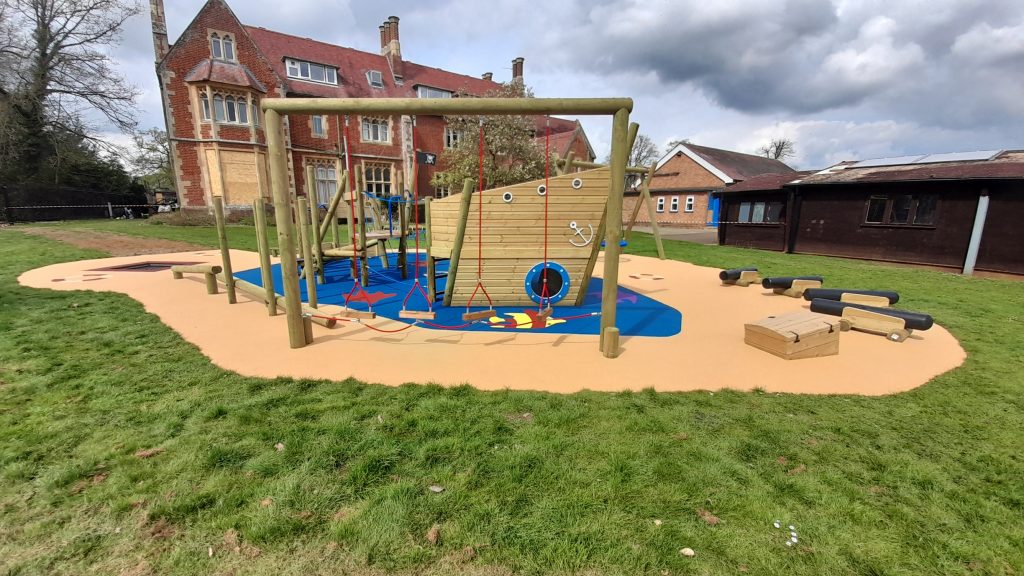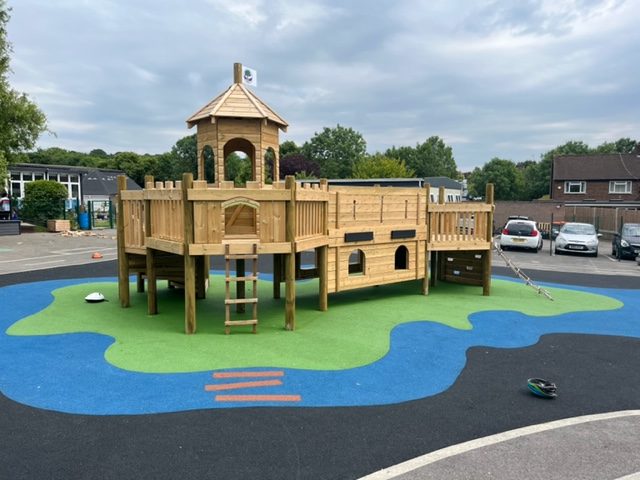Play is one of the most important aspects of a child’s life, offering a natural and enjoyable way to stay active and happy.
Although we rarely associate playtime with learning, the importance of play in early childhood education cannot be underestimated. After all, playing independently, with their peers and using school playground equipment allows them to think creatively and interact socially.
Let’s take a look at how else play can benefit youngsters.
The benefits of play
There is more to play than fun and games.
It helps children develop cognitively, physically, socially and emotionally – giving them the opportunity to emulate what they see and interact with others.
· Cognitive benefits
Play promotes healthy development and critical thinking from an early age. Allowing them to play both inside and outside the classroom can reinforce memory and provide them with a better understanding of the world.
Giving them different toys and games to play with encourages them to use their senses and can help them to learn how things fit together. Playtime can inspire little ones to come up with their own games and brainstorm ideas too.
· Physical benefits
Not just oodles of fun, playtimes enable children to develop fine and gross motor skills.
Running, skipping, jumping, dancing and climbing can boost a child’s physical fitness, as well as their stamina, coordination, balance and flexibility. Plus, taking lessons outdoors and incorporating play into the school curriculum can improve dexterity and health.
· Social benefits
While children go to school to learn new skills – such as counting, memorising the alphabet and writing – it also allows them to interact with their peers (without hiding behind Mum or Dad) and improve their vocabulary.
Through play, youngsters can develop vital social skills, simply by listening to their classmates and paying attention when the teacher is talking. Ultimately, this helps a child to express themselves and communicate better.
· Emotional benefits
Playtimes are guaranteed to break up the monotony of the school day – enabling pupils to take a break from studying – but they can also help them to process their emotions.
Play can develop self-esteem and help children to cope with challenging situations. For example, when a youngster loses a game, they are likely to experience feelings of sadness and anger. If they’re on the winning team, they’ll feel elated.
How to make playtimes more exciting
Play can have innumerable benefits for schoolchildren – shaping them into healthy and independent individuals and helping them to develop emotionally whilst reducing stress levels. However, a lack of play or poor play provisions can have a negative impact.
With that said, it’s crucial that you make playtimes as fun as possible.
Encouraging outdoor play with a ball or bubbles is a brilliant idea. Investing in school playground equipment that’s challenging and age-appropriate is also highly recommended.
Here at Setter Play, we have been working with primary schools across our home county for many years. We would love to help you create a playground that inspires children to play and develop skills.
To discuss your ideas with the team, or to find out more about our school playground equipment, give us a call on 01462 817 538.






